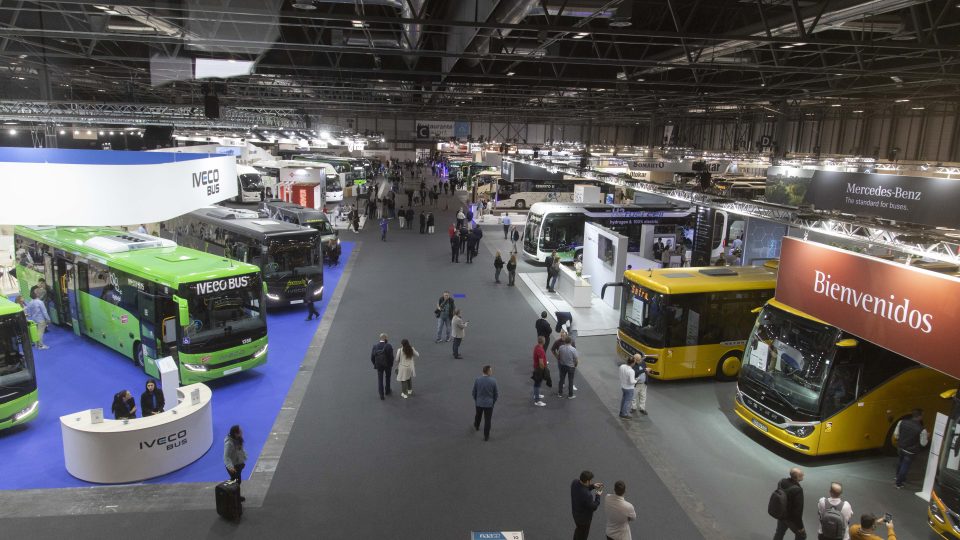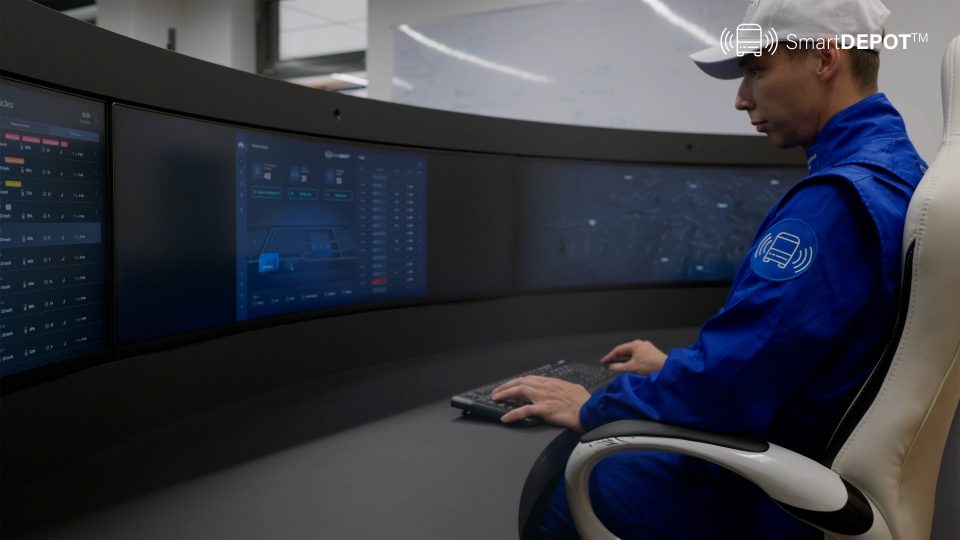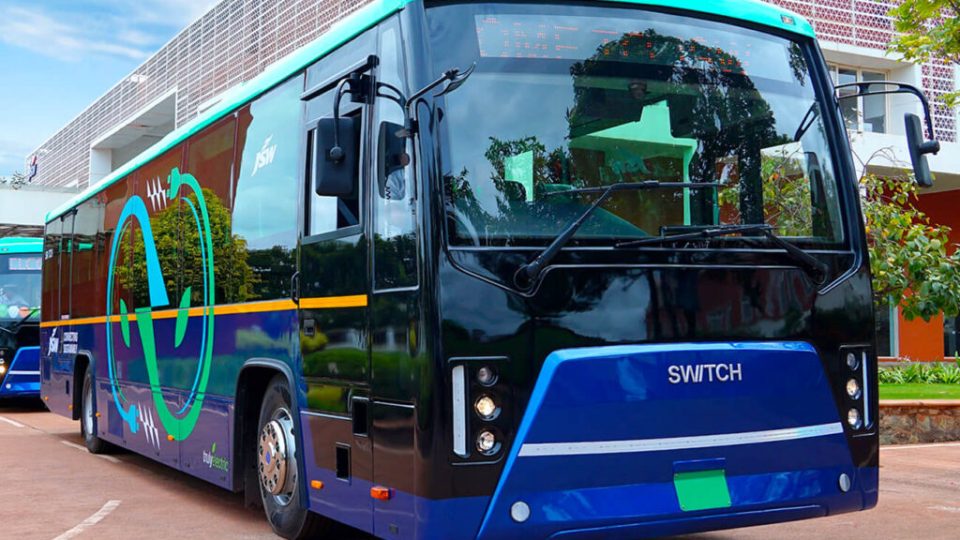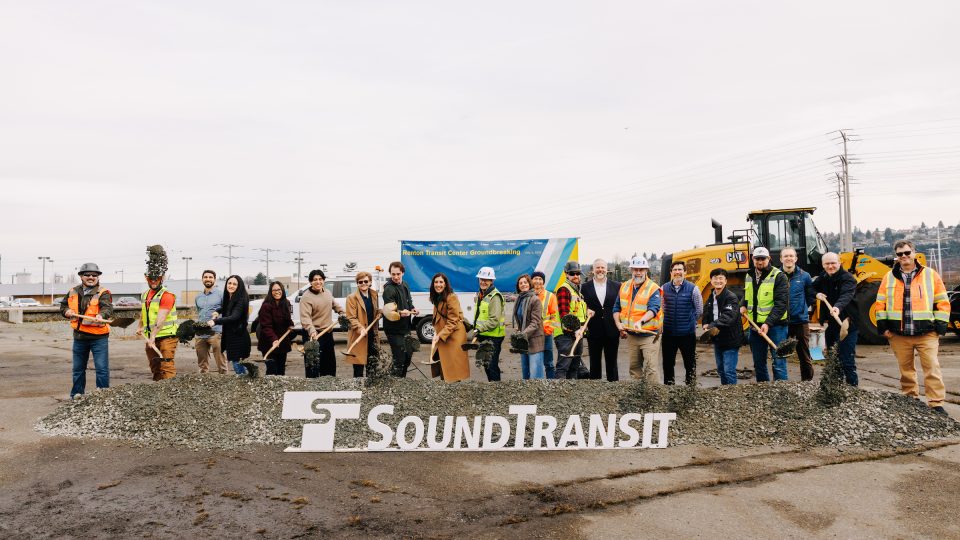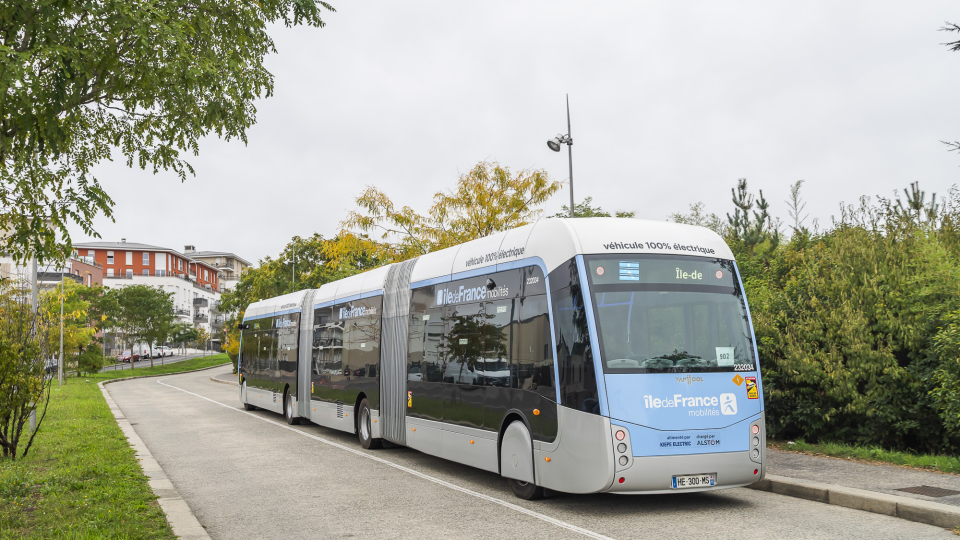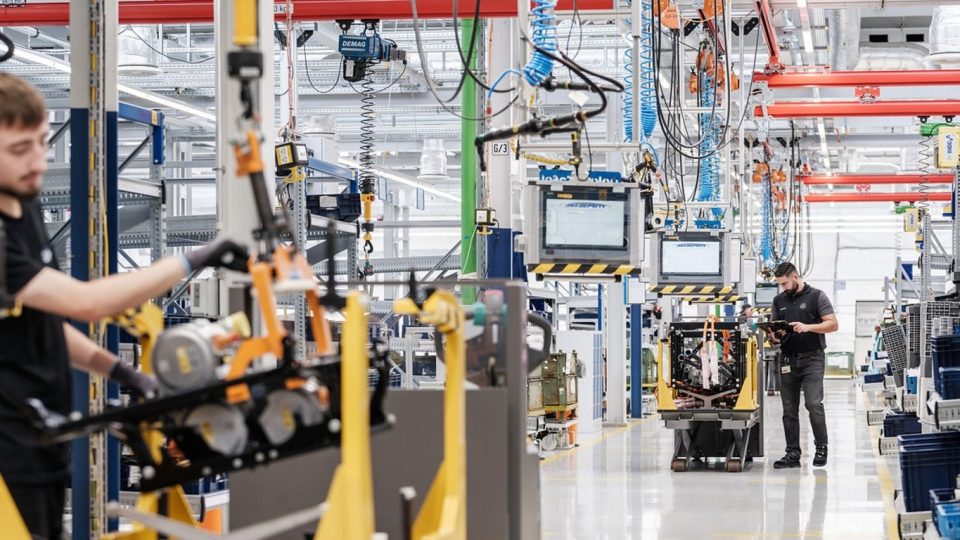Kiira Motors electric coach completes first 1,700 km of a 13,000-km trans-African journey
Kiira Motors Corporation has concluded a 1,771-kilometre electric coach run across Tanzania along its journey on the Made in Uganda Grand Trans-Africa Electric Expedition, which is offering the company a detailed set of observations on long-distance electric coach operation in East African conditions. The company was founded a few years ago and is owned by […]
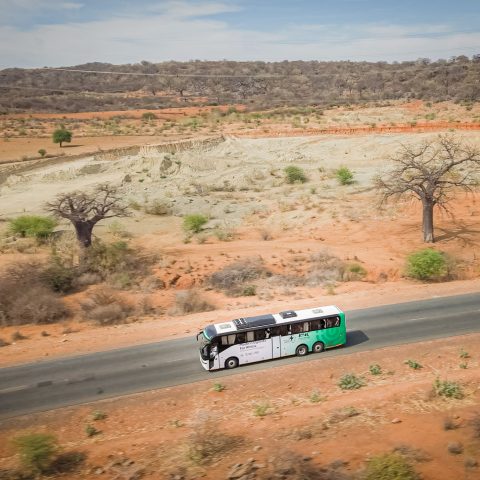
Kiira Motors Corporation has concluded a 1,771-kilometre electric coach run across Tanzania along its journey on the Made in Uganda Grand Trans-Africa Electric Expedition, which is offering the company a detailed set of observations on long-distance electric coach operation in East African conditions.
The company was founded a few years ago and is owned by the State of Uganda. It focuses on the development of zero emission vehicles.
The project involves a 30-day, 13,000-kilometre route crossing six African countries—Uganda, Tanzania, Zambia, Botswana, Eswatini and South Africa. The initiative, titled “From the Pearl to the Cape,” is intended to document Uganda’s progress in electric mobility while drawing attention to regional transport integration and the broader transition toward low-emission mobility systems.
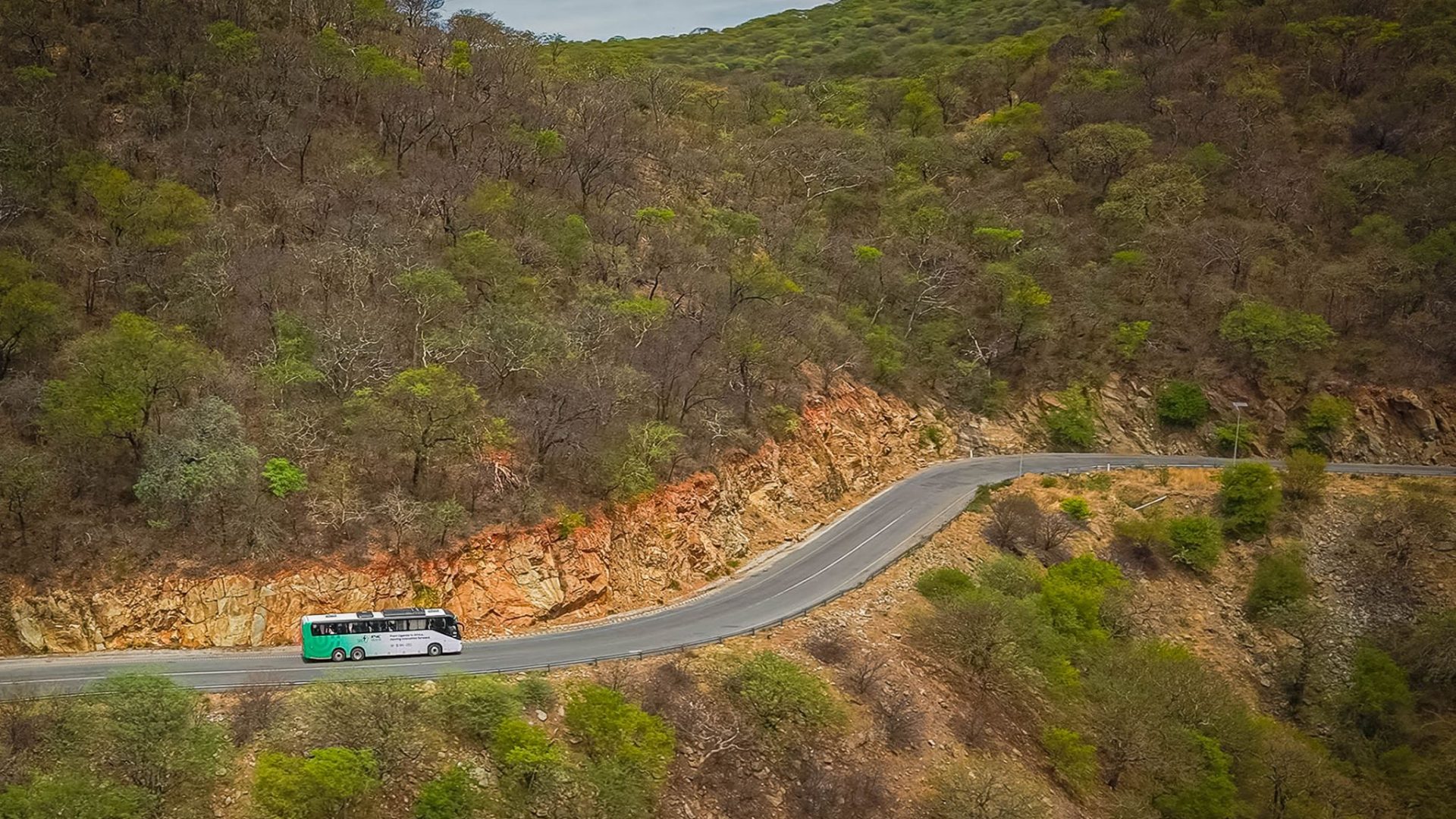
Kiira Motors electric coach on the Made in Uganda Grand Trans-Africa Electric Expedition
The 1,771-kilometre route, extending from Mutukula to Tunduma, combined varied road surfaces, significant elevation changes and shifting climates, creating a representative operating corridor for examining the behaviour of a battery-electric coach designed for regional travel.
The route, that Kiira sums up in a Linkedin article, began at the Mutukula border post before moving through low-density stretches around Biharamulo and later through the central regions between Nzega and Singida. Conditions shifted south of Dodoma, where more irregular surfaces and traffic patterns preceded the ascent into the Kitonga Hills. The highlands of Iringa and Mafinga, with their sustained gradients and lower temperatures, formed the most demanding part of the crossing.
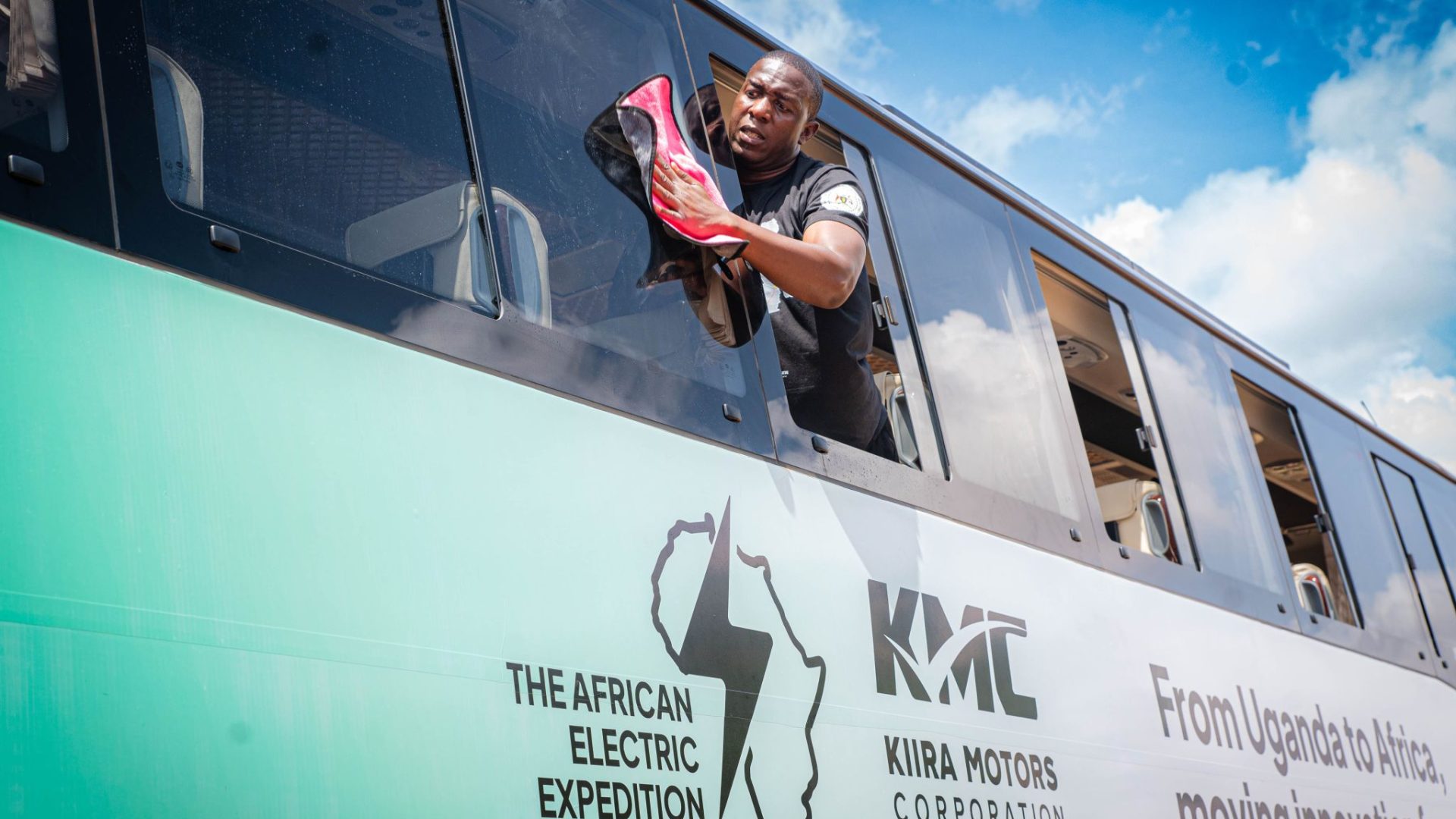
For Kiira Motors, the journey functions primarily as a technical assessment. The 13-metre Kayoola electric coach travelled through conditions that highlight priority engineering questions for electric mobility in East Africa: how battery systems behave under prolonged ascent, how regenerative braking contributes to efficiency on extended declines, and how software-managed torque delivery responds to abrupt transitions between smooth and uneven surfaces.
Support from Ugandan institutions, diplomatic missions and telecommunications partners enabled continuous monitoring and operational continuity throughout the journey. For Kiira, this logistical framework forms part of a broader examination of how electric coaches can be integrated into regional mobility systems that involve multiple jurisdictions and varying infrastructure readiness.


